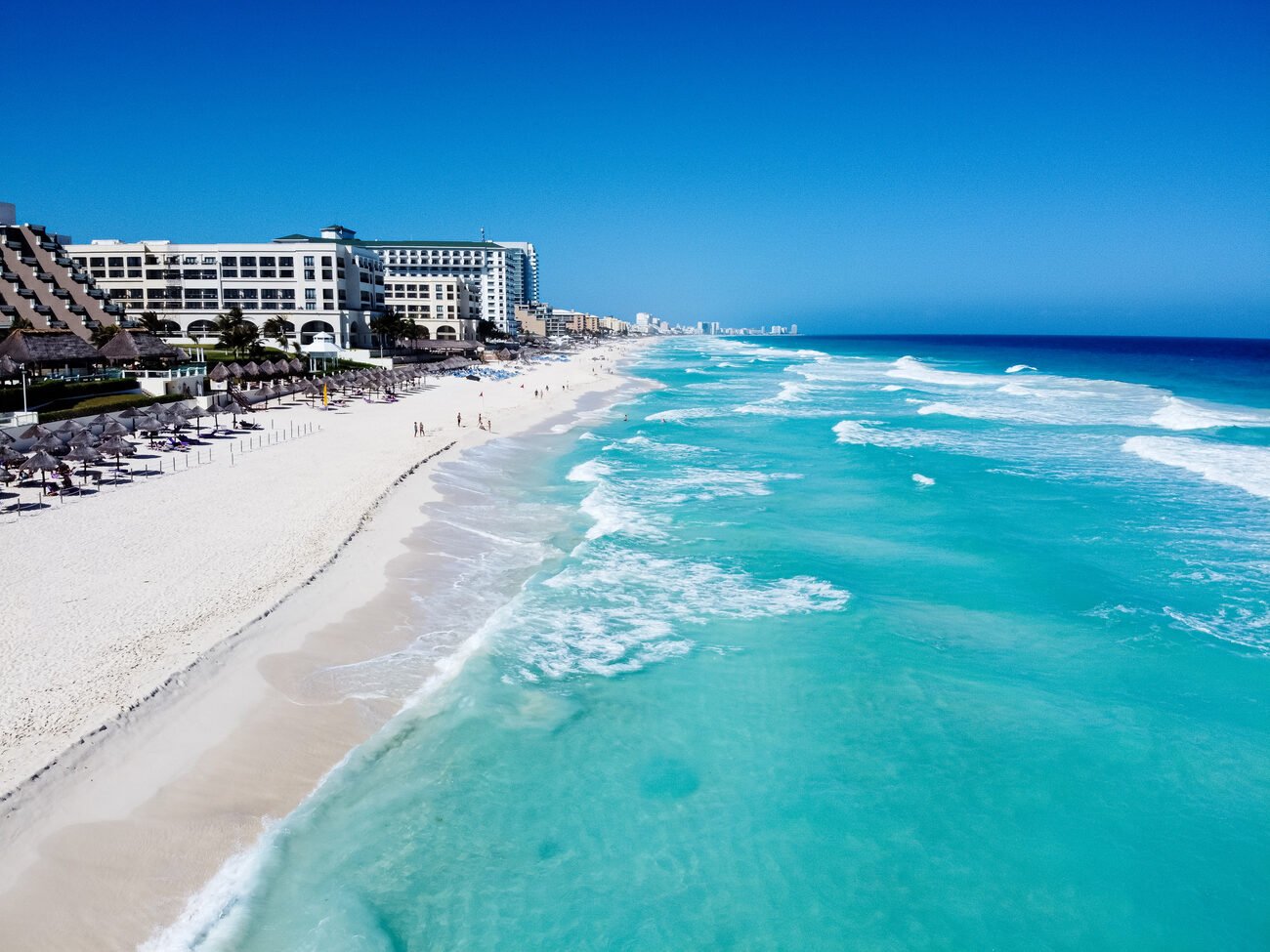It’s hard not to lump tequila and mezcal together; tequila is mezcal, after all. Regardless, tequila has long overshadowed mezcal as the go-to Mexican bar staple, and it’s about time both these spirits get their own spotlight. Let’s look at some key similarities and differences between the fan-favorite tequila and its dark horse sidekick, mezcal.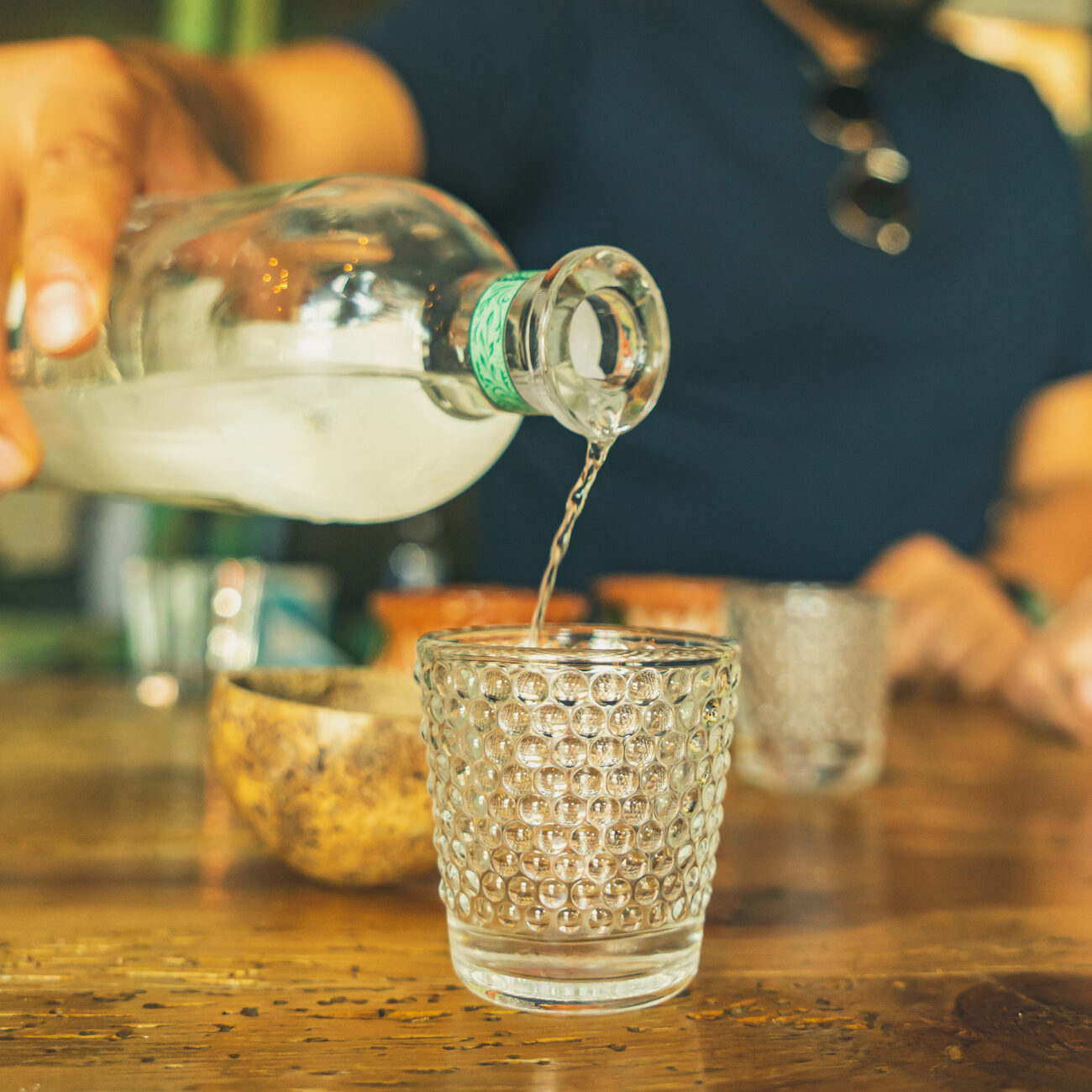
It's all agave
Simply put, all tequilas are mezcals, but not all mezcals are tequilas, much like how scotch is a type of whiskey and champagne is a type of sparkling wine. Both spirits are made from agave plants, however, tequila comes with a lengthier list of requirements.
According to Mexican law, tequilas can only be made of blue agave plants from five specific regions in Mexico, including its founding state of Jalisco. In comparison, mezcal can be made from over 30 different types of agave plants and produced in nine different regions, but you’ll find that most mezcals are made in Oaxaca, Mexico.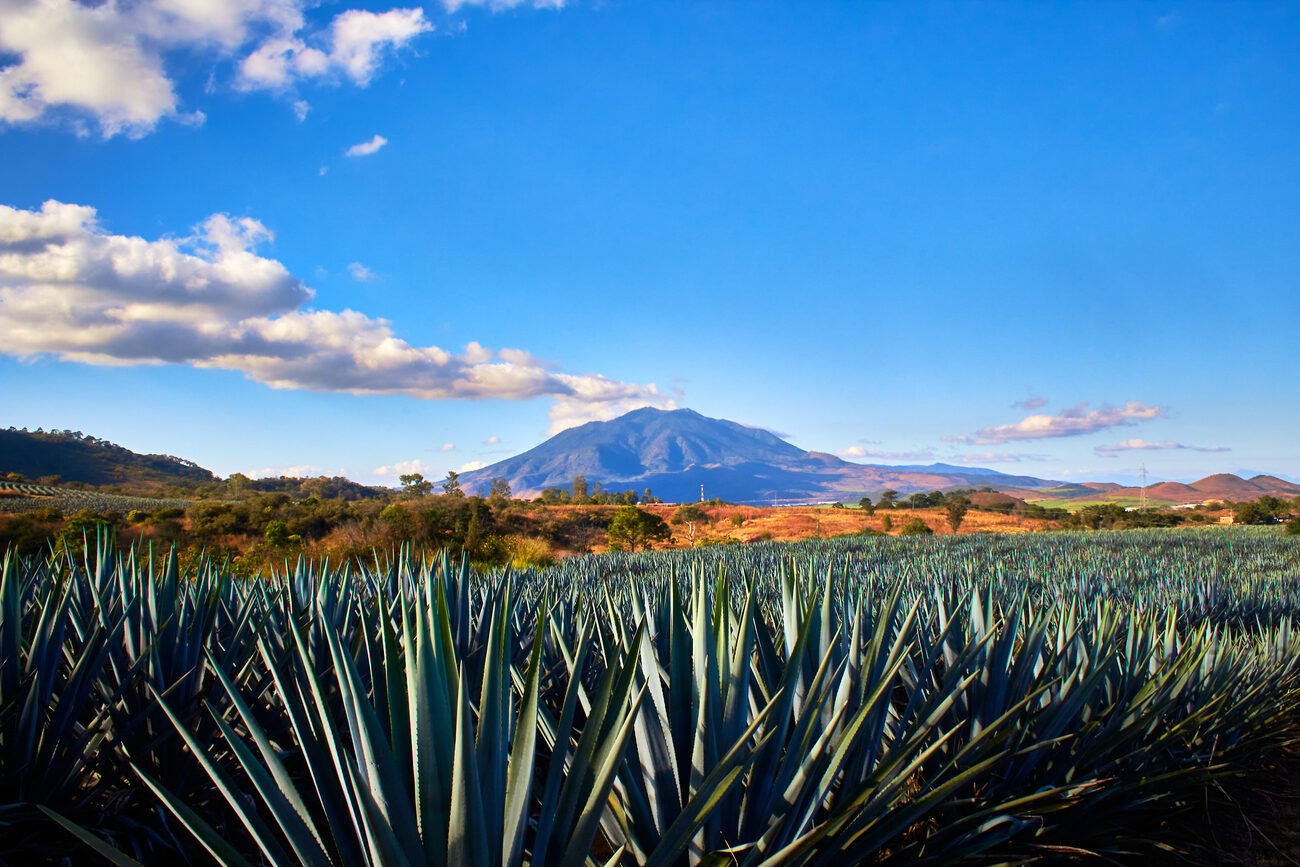
Steamed vs. smoked
After the agave is harvested, tequila and mezcal undergo very distinct production methods. Tequila distilleries take the heart of the blue agave plants, known as the piña, and steam them in industrial ovens or autoclaves to extract the fermentable sugars of the agave. The standardized process of tequila making doesn’t leave much room for error, whereas mezcal distillers have some artistic freedom.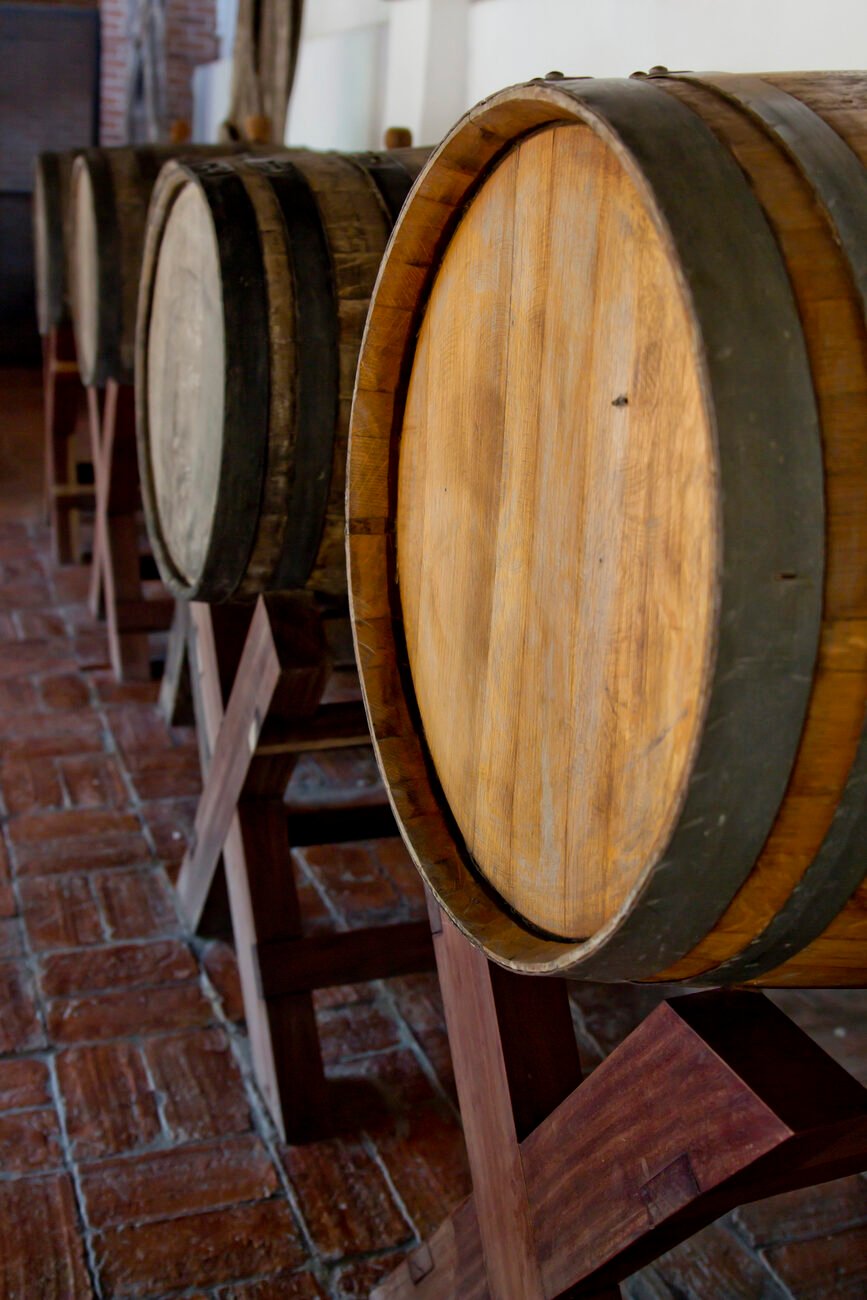
Mezcal is traditionally cooked in an underground pit fueled by burning wood and lined with volcanic rock. This homemade oven is then covered and dirt, where the piñas will smoke and roast until they’re ready for fermentation. There are fewer rules and regulations on the smoking process for mezcal production; therefore, each mezcal distillery can have a unique interpretation of the age-old tradition.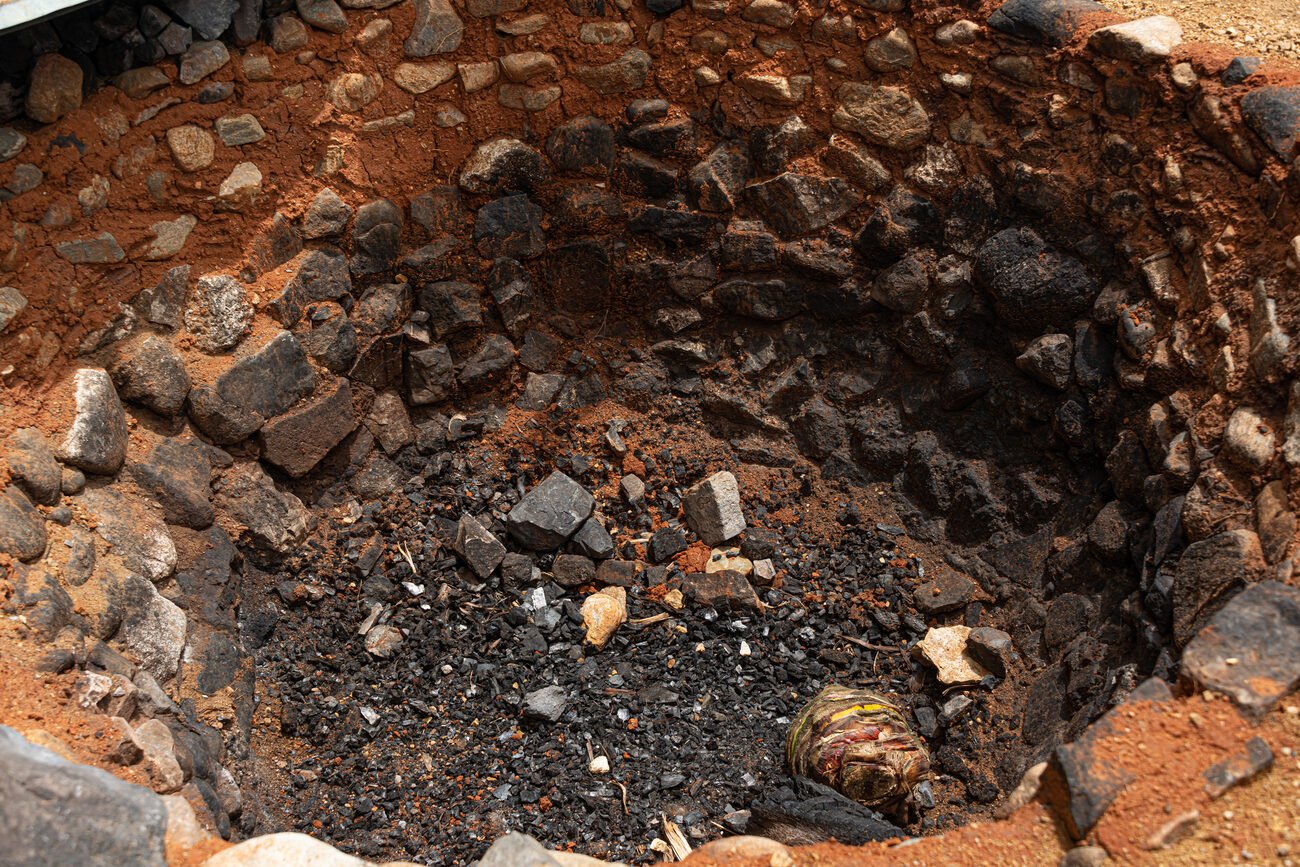
Full of unique flavors
Due to the standardized process of tequila making, tequila's flavor characteristics are much more consistent than that of mezcal. Tequila tends to be smoother and sweeter, often picking up notes of oak and vanilla the longer it's aged.
Mezcal, on the other hand, is much more unpredictable as there's a great deal of variety in the type of agave used in the mezcal-making process. Its savory, earthy, and smoky taste can be attributed to its underground cooking method and is probably why you don’t see people slamming shots of mezcal as they do tequila.
Sip and sit back
Although we’ve come to know tequila as a cocktail staple and go-to party starter, it’s technically meant to be sipped neat over ice to enhance its masterful flavors. The same goes for mezcal. In Mexico, mezcal is traditionally sipped straight, perhaps with a pinch of chili salt.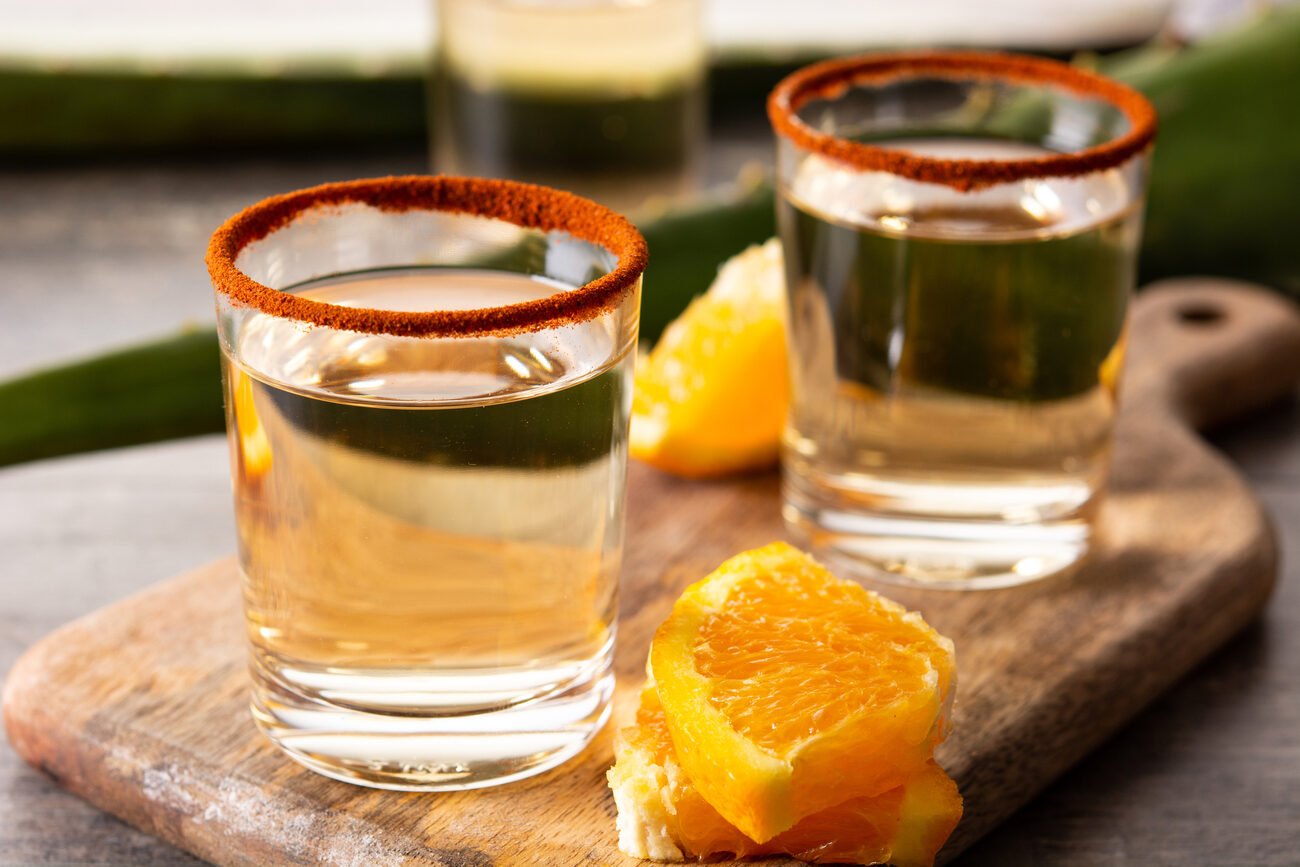
But much like tequila, mezcal has become a trendy cocktail ingredient and is often paired with tequila-favorite creations like margaritas and palomas but be forewarned; both these spirits pack a spirited punch! Tequila sits anywhere in the 30-45% ABV range, whereas mezcal is typically 55% and above, so drink responsibly when pairing these spirits in any cocktail recipe.
Do you know what else pairs nicely with tequila and mezcal? A trip to Mexico! Book your next beach getaway with BeachBound and enjoy authentic agave spirits all vacation long.


